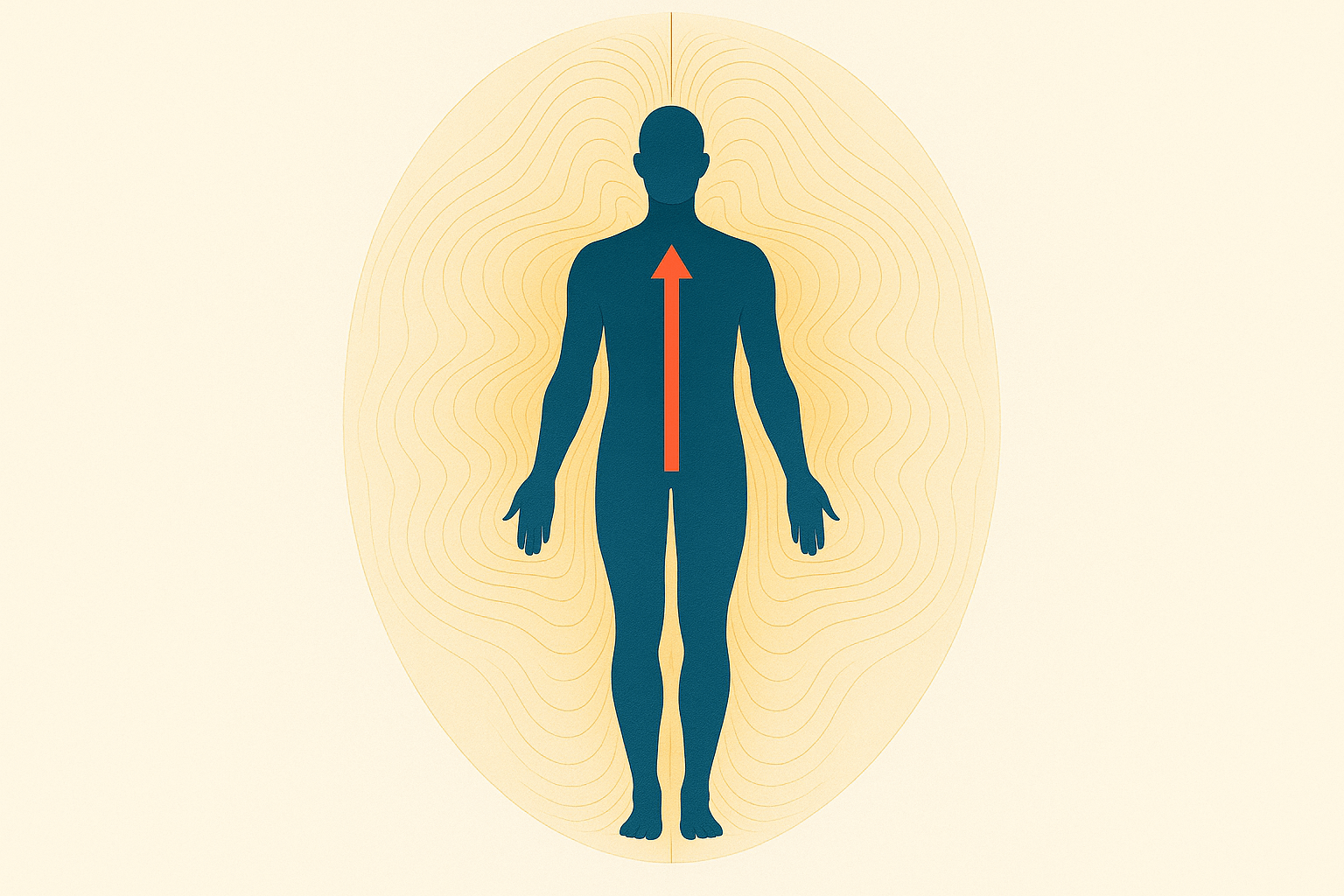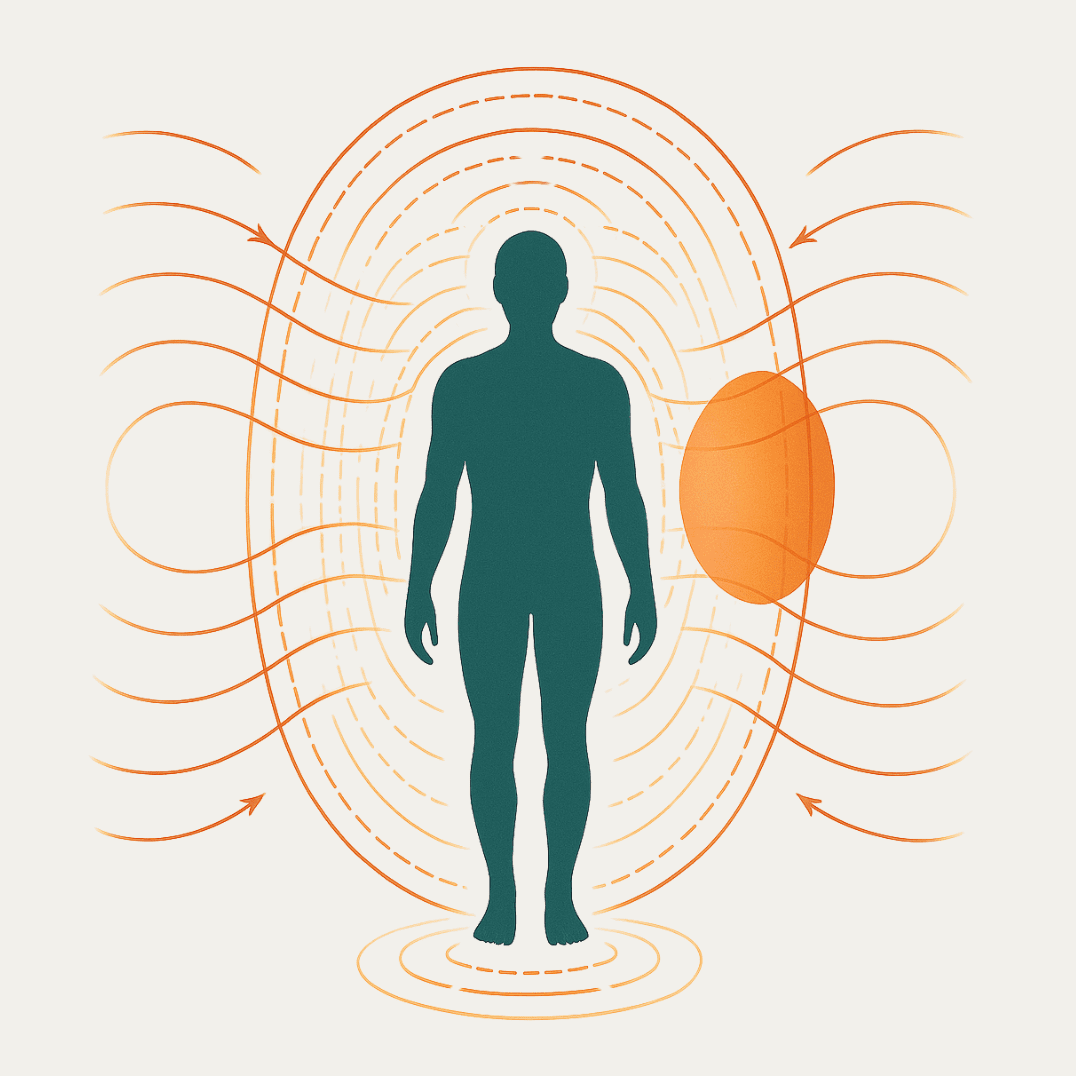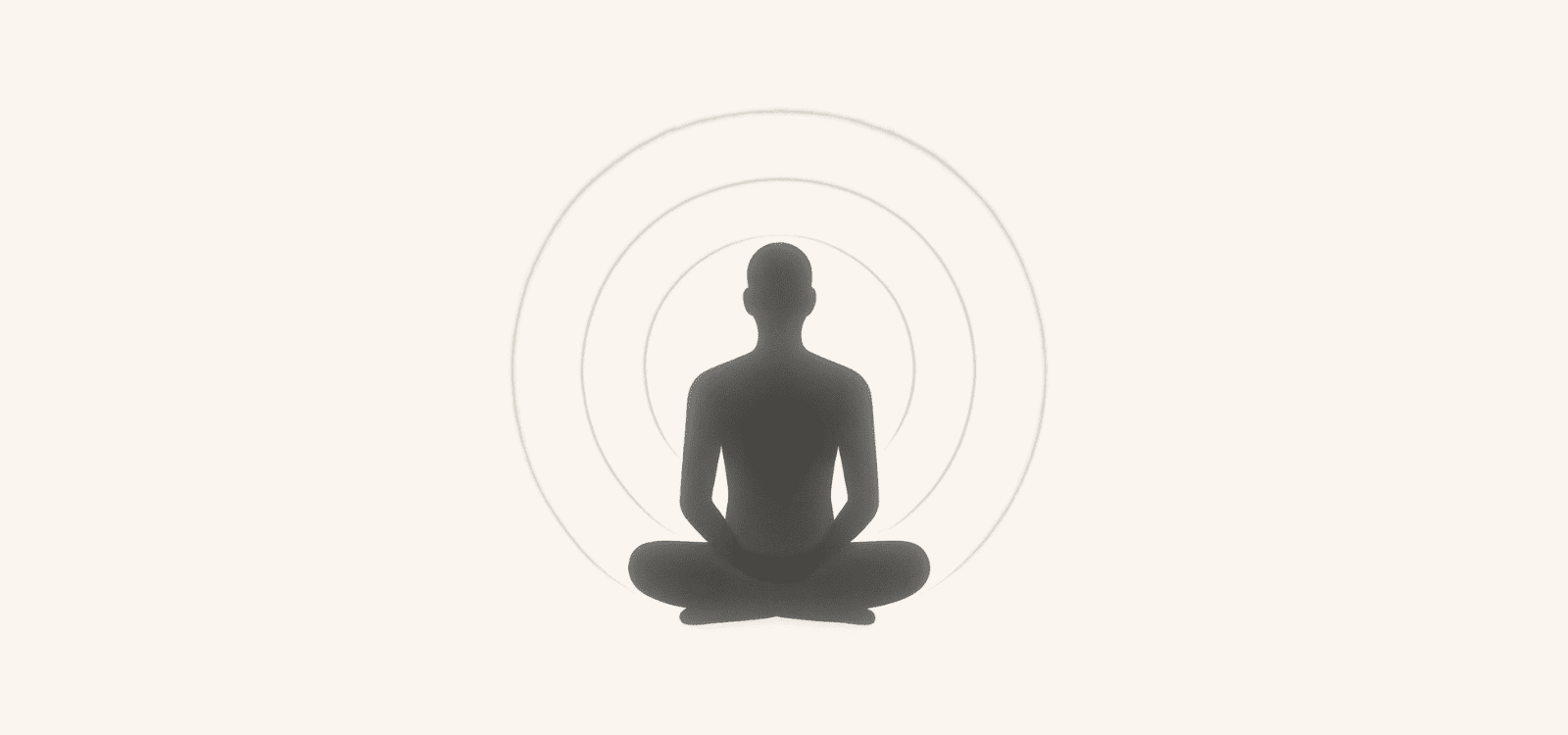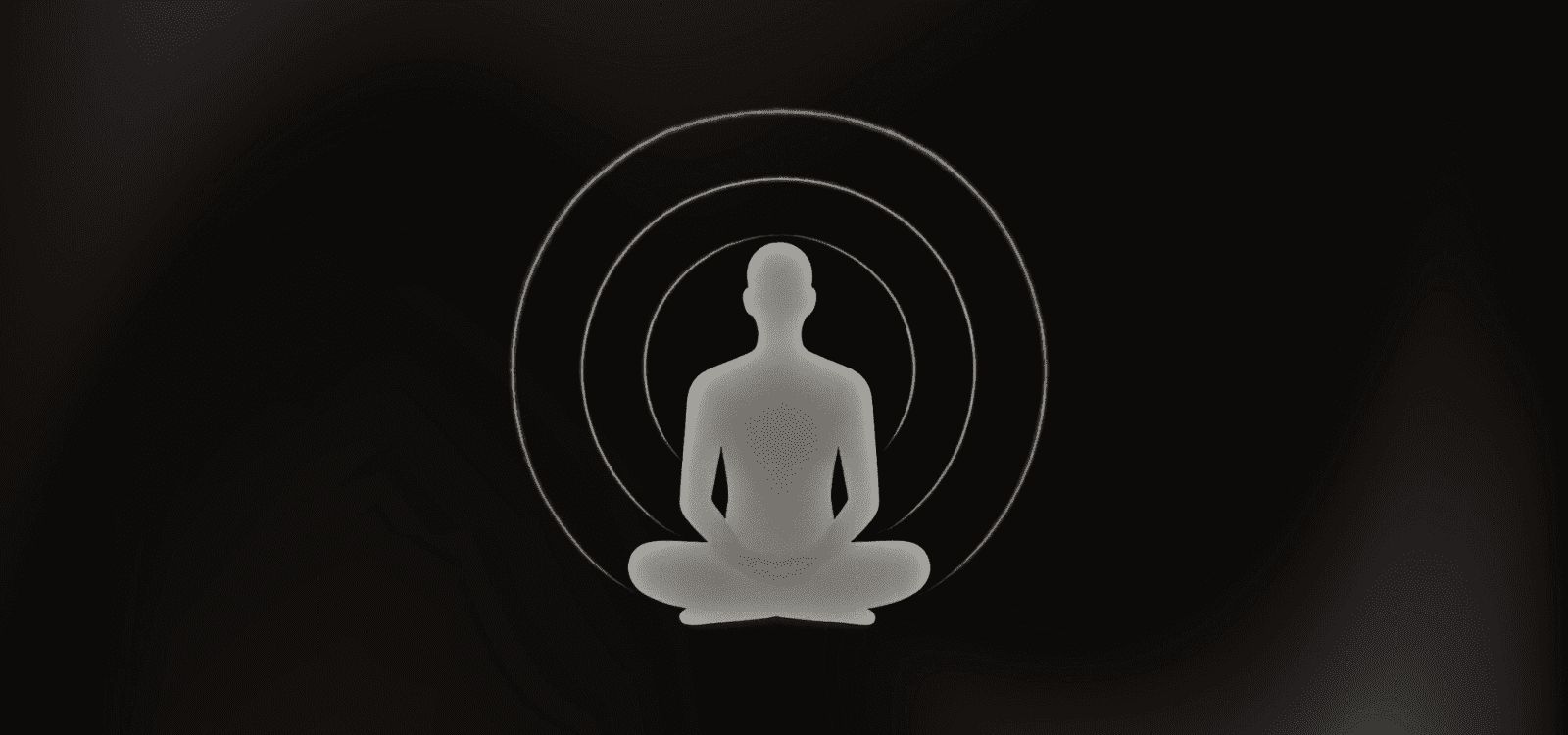Understanding Metta: The Sacred Art of Loving Kindness
Metta meditation, known as loving kindness meditation in contemporary mindfulness circles, represents one of Buddhism’s most transformative and accessible heart-opening practices. The Pali word “metta” encompasses far more than simple affection or romantic love, pointing instead toward a universal benevolence that wishes happiness, safety, and well-being for all beings without exception or condition.
This traditional Buddhist meditation practice belongs to what teachers call the “Brahmaviharas” or “Divine Abodes”—four sublime states of consciousness that include loving kindness, compassion, empathetic joy, and equanimity. Among these, metta serves as the foundation, providing the emotional warmth and open-heartedness that supports the development of the other divine qualities. The genius of loving kindness meditation lies in its systematic approach to expanding our natural capacity for love.
Practice Metta Loving-Kindness Meditation Now
The Science of Compassion: How Metta Transforms Your Brain and Life
Modern research in contemplative neuroscience has provided remarkable insights into the mechanisms through which loving kindness meditation creates positive changes in both mental and physical well-being. Studies conducted at leading universities demonstrate that just seven weeks of metta practice can significantly increase positive emotions, social connectedness, and overall life satisfaction while reducing symptoms of depression, anxiety, and chronic pain.
Perhaps most remarkably, loving kindness meditation appears to influence the vagus nerve—the longest cranial nerve that plays a crucial role in the parasympathetic nervous system’s rest-and-digest response. Practitioners show increased vagal tone, which correlates with better emotional regulation, enhanced social cognition, and improved physical health outcomes including reduced inflammation and stronger immune system functioning.
Research also reveals that metta practice increases telomerase activity—the enzyme responsible for protecting chromosomes from aging-related damage. This finding suggests that cultivating loving kindness may literally slow cellular aging processes, supporting both longevity and vitality. These biological changes reflect the profound truth that opening our hearts benefits not only our emotional well-being but our entire physiological system.
Essential Elements of Loving Kindness Practice
Traditional metta meditation follows a carefully structured progression that allows practitioners to systematically develop and expand their capacity for unconditional love. Understanding these elements provides the foundation for establishing an effective personal practice that can transform your relationship with yourself and others.
Beginning with Self-Compassion
The first and perhaps most crucial stage of loving kindness meditation involves directing genuine care and benevolence toward yourself. This foundation proves essential because our capacity to truly love others depends entirely upon our ability to extend kindness and acceptance to our own being. Many practitioners discover that self-directed metta represents the most challenging aspect of the practice, revealing deep-seated patterns of self-criticism and conditional self-acceptance.
Begin your practice by sitting comfortably and bringing yourself to mind with the same tenderness you might feel toward a beloved friend or cherished family member. Silently repeat traditional metta phrases such as “May I be happy, May I be healthy, May I be safe, May I live with ease,” allowing these words to resonate in your heart rather than merely thinking them intellectually. I find the most simple of all phrases is to wish ease upon oneself and others (ie. “may I be at ease“). Notice any resistance or discomfort that arises, meeting these reactions with gentle acceptance rather than judgment.

Expanding to Loved Ones and Neutral Persons
Once you’ve established a foundation of self-directed loving kindness, gradually expand your circle of care to include others in your life. Begin with someone you love easily and unconditionally—perhaps a close family member, dear friend, or even a beloved pet. Visualize this being and extend the same heartfelt wishes you offered to yourself: “May you be happy, May you be healthy, May you be safe, May you live with ease.”
The practice then progresses to include neutral persons—people you neither particularly like nor dislike, such as neighbors, cashiers, or coworkers you barely know. This stage helps develop the universal quality of metta by extending loving kindness beyond the boundaries of personal preference and emotional attachment. Notice how your heart can remain open and caring even toward people with whom you have no significant emotional connection.
The Courageous Step: Difficult Relationships
Perhaps the most transformative aspect of metta meditation involves extending loving kindness toward people who have hurt, annoyed, or disappointed you. This stage requires great courage and patience, as it directly challenges the mind’s tendency to harbor resentment, judgment, and emotional protection strategies that keep the heart closed.
Begin with someone who represents a minor irritation rather than someone who has caused deep trauma. Remember that extending loving kindness doesn’t mean condoning harmful behavior or eliminating appropriate boundaries. Instead, you’re cultivating the heart’s capacity to remain open and compassionate even in the face of human imperfection and conflict.
The Ripple Effects: How Your Open Heart Heals the World
Regular metta meditation practice creates profound positive changes that extend far beyond personal well-being to influence families, communities, and even global consciousness. Research demonstrates that people who practice loving kindness meditation become more generous, helpful, and socially connected while experiencing reduced prejudice and increased empathy toward marginalized groups.
Perhaps most remarkably, studies suggest that the positive emotional states generated by loving kindness practice can be “contagious,” influencing the mood and behavior of people around practitioners. This phenomenon, sometimes called “emotional contagion,” suggests that your personal practice of metta contributes to a larger field of love and compassion that benefits all beings you encounter.
Many practitioners report that sustained metta practice fundamentally changes their worldview, helping them recognize the interconnected nature of all life and their responsibility to contribute to the healing and awakening of consciousness.
Integrating Loving Kindness into Daily Life
The ultimate purpose of metta meditation extends far beyond formal sitting practice to embrace what Buddhist teachers call “living with an open heart.” The love and compassion cultivated during meditation can transform your experience of everyday interactions, challenging situations, and even your relationship with global events and social issues.
Begin integrating metta into daily life by offering silent loving kindness phrases to people you encounter throughout your day. While waiting in line, sitting in traffic, or walking through public spaces, you can silently bless strangers with “May you be happy, May you be peaceful.” This practice transforms mundane activities into opportunities for heart opening and spiritual development.
When facing interpersonal conflicts or challenging relationships, remember the loving kindness you’ve cultivated in meditation and see if you can maintain at least a small space of openness and care even amid disagreement or frustration. This doesn’t mean becoming passive or avoiding necessary confrontation, but rather approaching difficulties from a foundation of fundamental goodwill rather than defensive reactivity.
Common Challenges in Metta Practice
Every practitioner of loving kindness meditation encounters predictable obstacles that can be met with patience and skillful approaches. Recognizing these challenges as normal aspects of the heart-opening process helps maintain motivation and supports continued development.
Resistance to self-directed loving kindness often represents the most significant hurdle, particularly for individuals with histories of trauma, depression, or deeply ingrained self-criticism. If offering yourself loving kindness feels impossible or triggers negative reactions, begin by directing metta toward someone you love unconditionally, then gradually work toward including yourself in that same circle of care.
Artificial or forced feelings frequently arise as practitioners worry that their loving kindness isn’t “genuine” or sufficiently intense. Remember that metta practice works through repetition and intention rather than dramatic emotional experiences. Trust that sincere intention combined with consistent practice will gradually open your heart, even if early sessions feel mechanical or emotionally flat.
Ready to transform your life and open your heart?
Learn all about what keeps the heart closed in a lecture about energy blocks here.
To learn how Field Dynamics can support your desire to self-heal, heal others and realize your full potential, view our EHT training or other upcoming events and ignite your healing potential.
FAQ
Questions About Loving Kindness Meditation
Resistance to extending metta toward challenging people is completely normal and actually indicates that the practice is working on deep emotional patterns. Don’t force feelings of love toward those who have hurt you. Instead, start with the simple intention of wishing them to be free from the suffering that causes them to act harmfully. You might modify the traditional phrases to “May you find peace” or simply “May you be free from suffering.” Often, recognizing that harmful behavior stems from that person’s own pain can help soften resistance over time.
While loving kindness meditation may seem similar to positive thinking, it works through fundamentally different mechanisms. Metta practice cultivates genuine emotional states and neural pathways associated with love and compassion, rather than simply changing thought patterns. The repetitive phrases serve as vehicles for developing actual feelings of benevolence, supported by visualization and heart-centered attention. Research shows that metta practice creates measurable changes in brain areas related to empathy and social connection that don’t occur with simple cognitive affirmations.
Studies demonstrate that regular metta practice can significantly reduce symptoms of depression and anxiety while increasing positive emotions and social connection. The practice appears to work by strengthening neural pathways associated with positive emotional states and reducing activity in brain regions linked to rumination and self-criticism. However, loving kindness meditation should complement rather than replace professional mental health treatment for serious conditions. Many therapists now integrate metta techniques into treatment approaches, recognizing the powerful healing potential of cultivated compassion.










